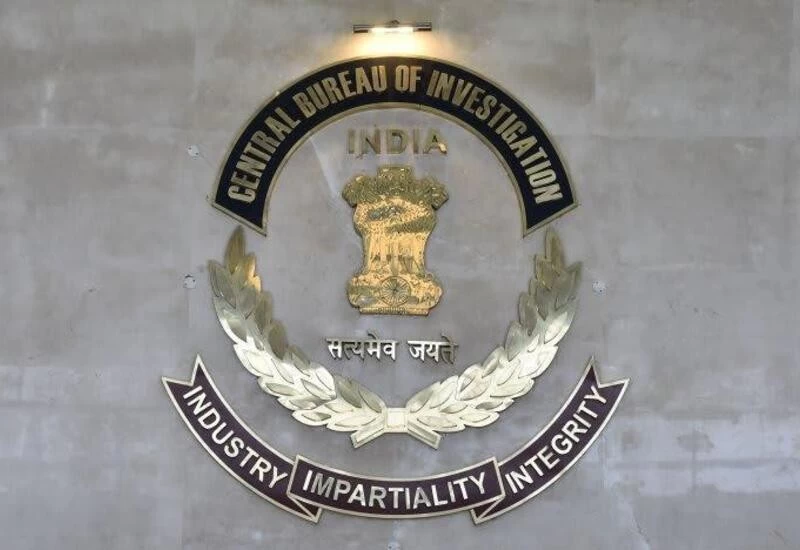New Delhi: In a significant move, the Supreme Court said on Wednesday that the Centre cannot, on its own, extend the jurisdiction of the Central Bureau of Investigation without permission from the states, and that a CBI probe cannot begin without consent from the Centre and the state in question.
This is important as eight opposition-ruled states – Rajasthan, Bengal, Jharkhand, Kerala, Maharashtra, Chhattisgarh, Punjab and Mizoram – have revoked blanket consent given for the CBI to probe cases in their states. The states made this move amidst allegations that the Centre was using the agency to carry out vendetta against opposition leaders and those who dissent.
“As per law, state consent is a must and the Centre cannot extend CBI jurisdiction without the state’s consent. The law is in tune with the federal structure of the constitution,” the bench of Justices A.M. Khanwilkar and B.R. Gavai said.
The judges also referred to the Delhi Special Police Establishment, NDTV reported. “Though Section 5 enables the Central Government to extend the powers and jurisdiction of Members of the DSPE (CBI) beyond the Union Territories to a state, the same is not permissible unless, a state grants its consent for such an extension within the area of state concerned under Section 6 of the DSPE Act. Obviously, the provisions are in tune with the federal character of the constitution, which has been held to be one of the basic structures of the constitution,” they said.
The court’s decision came in a case filed by the officials accused of corruption in Uttar Pradesh. The accused said the state government’s approval was not sought before handing the case over to the CBI, Times of India reported. The Supreme Court rejected their appeal, since the state of Uttar Pradesh provides blanket consent to the CBI to probe cases in the state.
Two state officials and a number of private individuals are named in the case. The government employees said that for the case against them, the blanket consent was not enough and special permission needed to be taken. The Allahabad high court, however, noted that the Uttar Pradesh government had retroactively granted this consent, validating the probe, and the Supreme Court upheld the high court order.
“In the result, we find no reason to interfere with the finding of the High Court with regard to not obtaining prior consent of the state government,” the bench said on Wednesday.


